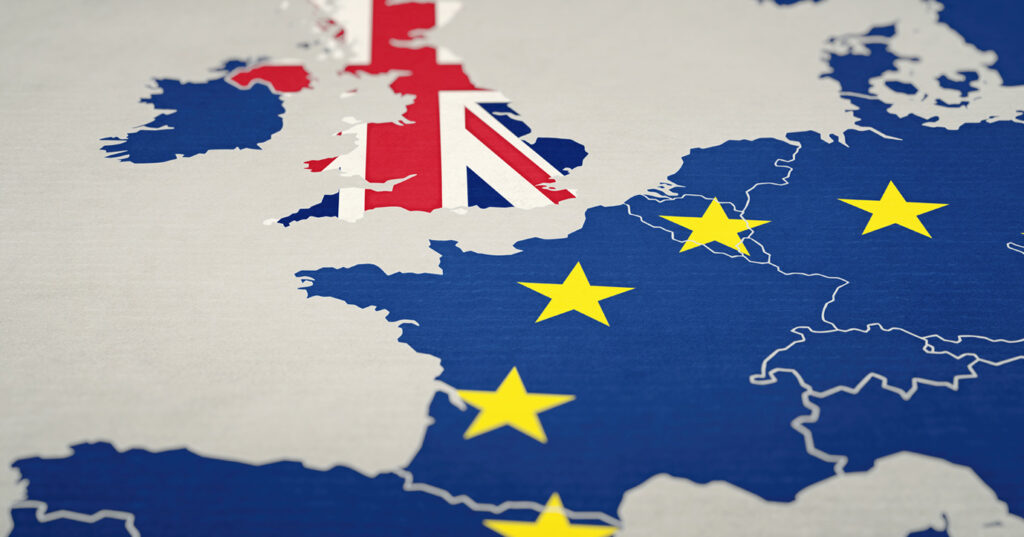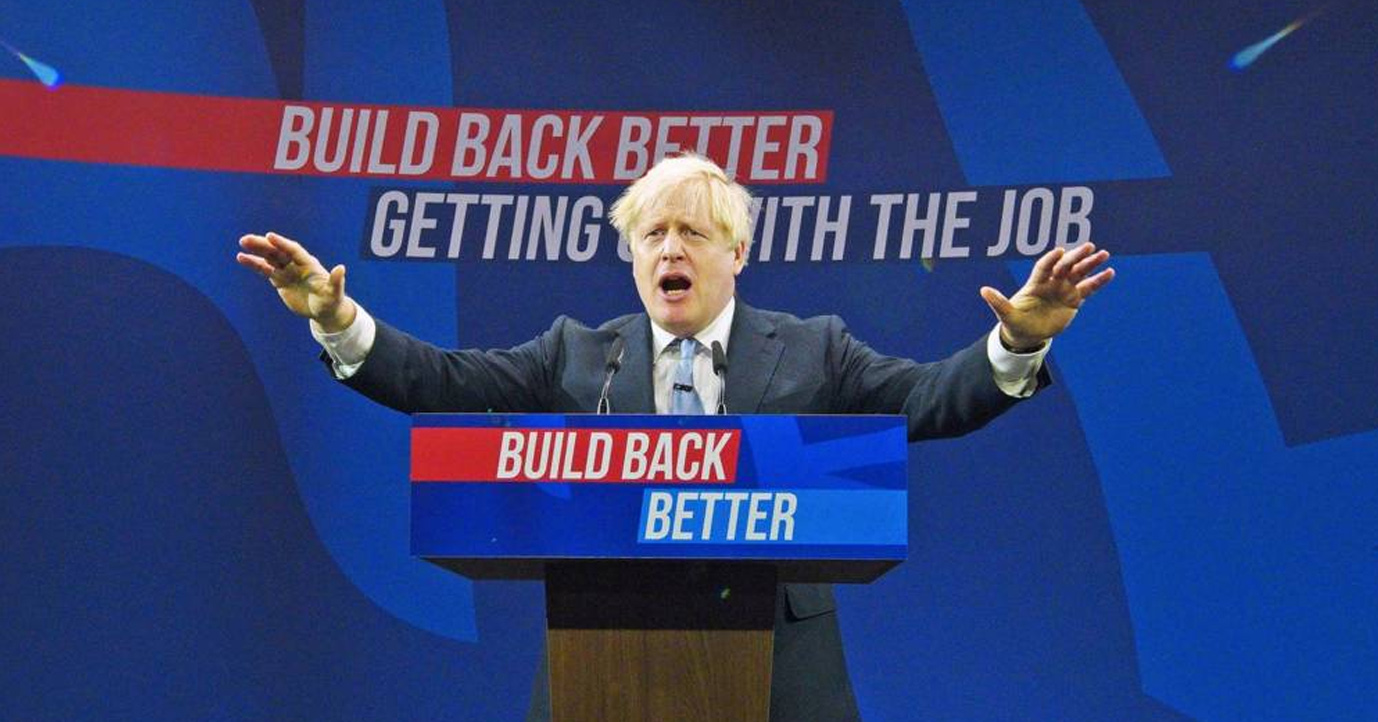
The European Parliament elections are just weeks away. Depending on the result of the next general election, we are perhaps three years from an in-out EU referendum.
Yet despite the furious debate the subject generates among politicians, huge numbers of people do not know what to think about our relationship with Europe. Europe on Trial, my latest research on the subject which includes a poll of more than 20,000 people, shows Britain is split down the middle. Four in ten want Britain to stay in the EU – the same number as want to leave. One in five say they don’t know.
There is no shortage of complaints. Most people think other countries seem to get more out of the Union than we do. Many associate the EU with excessive immigration, unnecessary rules and regulations, and paying for other countries’ economic problems. Even pro-Europe voters are exasperated by the waste and inefficiency of Brussels institutions.
People see an upside, too: free trade, unrestricted travel and – at least in theory – better relations between European countries. And with an increasingly uppity Russia on Europe’s borders, many feel safer as part of a team.
But on some of the biggest questions people are uncertain. Does being in the EU help trade with countries outside Europe by letting us negotiate as a bloc, or hinder it by stopping us hammering out deals of our own? And if we left, would we be able to do as much trade with Europe as we do now – since the French would still want to sell us their wine and the Germans their BMWs – or would we suffer from being out of the club? Britain is divided on these things, and large numbers do not know what to think. Three in ten can’t decide whether being a member gives us more clout when dealing with China and the USA, or less.
My poll found that when it comes to Europe there are five types of people in Britain. A fifth of the country are in the “Committed Hostility” group who see nothing good about Europe and overwhelmingly want to leave – though immigration worries them more. Just over a quarter are “Discontented Sceptics”, thinking the costs outweigh the benefits but less certain that we should head for the exit. Another quarter of the population make up the “Relaxed Status Quo”, who are happy as things are and hardly give the subject a thought, while the smaller group of “Global Progressives” strongly support the EU and even welcome its influence on Britain. Finally there are the “Disengaged”, one in seven of the population who know little and care even less.
In all these groups, many like David Cameron’s plan to negotiate better terms for Britain. The trouble is, three quarters of them doubt it will work. Most of the pessimists think other countries will not be prepared to make concessions to Britain however well the PM argues the case. Others question his ability to persuade or think he wants Britain to stay in the EU regardless.
But those who say the whole country is clamouring for a referendum are wrong. Some, certainly, think it is the greatest question of our time. But even among the most hostile voters, only a third put Europe among the most crucial issues facing the country, and only a quarter think it important to them and their families. That is why Cameron’s “negotiate and decide” policy will please some voters but won’t win the election all by itself.
More to the point, many people say they do not know enough to make such a fundamental choice about Britain’s future. Two thirds think what happens in the European Parliament matters to Britain, but three quarters have hardly a clue what goes on there. They do not feel in a position to decide.
Part of the problem is that sceptics think the EU appeals most to a remote and privileged few, while many pro-Europeans think their opponents are narrow-minded and jingoistic. To everyone else, it seems a noisy argument in which facts are hard to come by and most of the participants seem more than a bit bonkers. As one participant in our research told us, “I don’t want to be the sort of person who has views about Europe”.
Many are not even sure where the parties stand. Only just over half think most Labour and Liberal Democrat politicians want to stay in the EU, but only four in ten say the same of the Tories – three in ten say they seem to want to leave, while the same number do not know what their position is.
For now, the sceptics are making the running – many said the “anti” voices seemed to dominate the debate. One lesson from this research is that the better-off-outers need to take particular care not to sound too batty. The polling also shows that many people will want to be reassured about our prospects outside the EU before making the leap. Many people saw a parallel with the Scottish independence referendum, usually interpreting both cases as a conflict between the ideal of independence on the one hand and its practical risks on the other. Though by no means conclusive, it was instructive that in our discussion event, many of those who started the day as neutral edged towards the devil they knew and away from the inescapable uncertainty of exit.
The pro side, meanwhile, seem hesitant about their case. Those most in favour of UK membership were frustrated by the apparent absence of positive and confident arguments on their side. Fear of the unknown is the greatest ally of those campaigning for continued British membership, but many voters want to hear more than a defensive message that Britain can’t survive alone.


